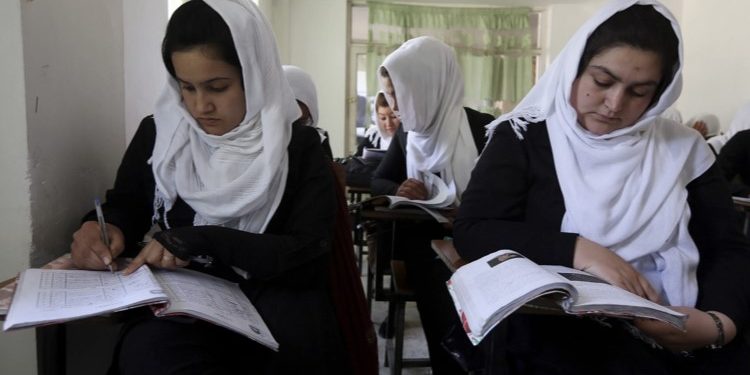As a daughter and granddaughter I had opportunities unimaginable to the women who came before me.
They were women who for most of history had little economic power of their own, their health and even their lives were threatened each time they gave birth, and yet even their children did not belong to them in law.
For most of history they could not vote, and many would have been unable to read or access education.
To all of these largely unknown women I owe a debt of gratitude for surviving and for caring, for trying in the most difficult circumstances to open up for their daughters the chances they did not have themselves.
Today I have bookshelves that are full, I have studied and visited countries they may barely have heard of. I have access to healthcare and my hands do not chafe or my back ache because I spend my days mending fires or washing clothes.
My life and opportunities are their legacy, the love and courage they passed down to me their great gift.
But these opportunities are not global.
In Kabul I have a friend and sister, who I will not name for her safety. She is unable to graduate from her hard-earned medical degree because the Taliban will not permit it. She cannot travel unaccompanied or easily practise her urgently needed professional skills. Her own daughters are forbidden to attend school.
She is living through a dark age, a gender apartheid. And yet her desires for opportunity and life are no less than my own. What her daughters long for are the same privileges taken for granted by my nieces.
So on International Women’s Day I think of them as I do every day, and pay tribute to all who campaign for their freedom or seek to bring them education in other ways, often online. It’s far from perfect, but it’s what they have.
In 1900, Virginia Woolf was ineligible for admission to the university, where her male family members thrived, solely because she was a woman. They studied for degrees and became a Member of Parliament and a Vice-Chancellor. She could only visit a library in the company of a male don.
In her fury at unjust restrictions she wrote A Room of her Own and said, “Lock up your libraries if you like; but there is no gate, no lock, no bolt that you can set upon the freedom of my mind.”
“Across the globe, some libraries remain locked, either through material circumstances or religious or political edict”
Today those same university libraries which would not admit her as a student hold multiple copies of Virginia’s novels and essays. The institutions that barred her on grounds of sex now teach her texts to women and men from around the world.
Her cousin’s daughter gained the access to education forbidden to her aunt and became Principal of St Hilda’s College at Oxford which she led to academic distinction. British society changed and the lives of women with it.
But across the globe, some libraries remain locked, either through material circumstances or religious or political edict. Education is still denied to women. The opportunities our mothers fought for are even today denied.
In Parliament Square in London is a statue of suffragist Millicent Fawcett carrying a banner that reads “Courage Speaks to Courage Everywhere”.
On International Women’s Day, Afghan women and girls especially need us to remember them and their dreams and ambitions. They want us to match their courage to hope for a better day with our own voices, speaking out when theirs are too often silenced.
I am honoured to support in even a modest way those brave Afghans seeking to offer education to all.
About the author: Ruth Arnold is Senior Advisor (Global External Relations) to Study Group




